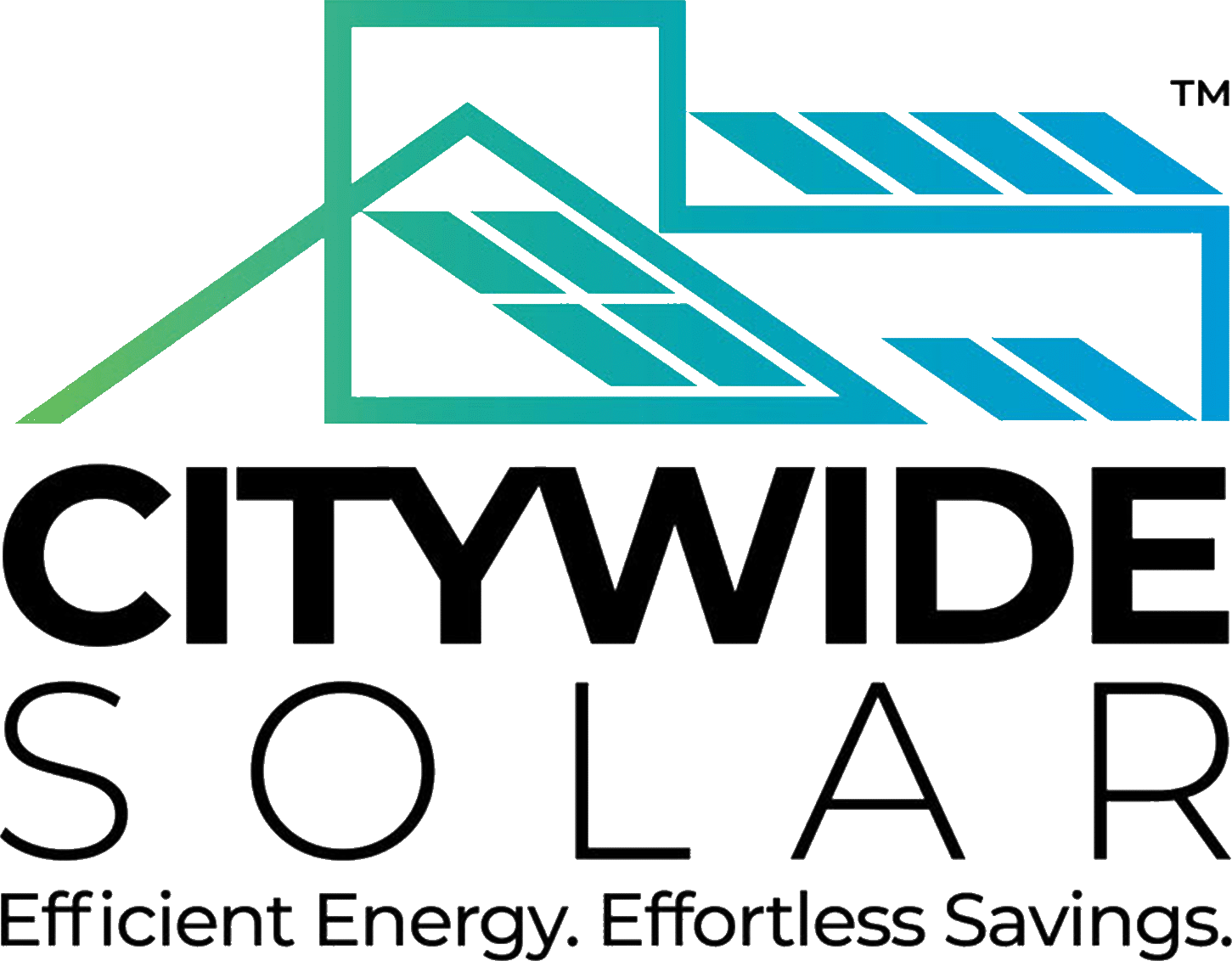Electric vehicles (EVs) are fast becoming a regular feature on our roads, symbolizing a shift towards cleaner energy and heightened environmental awareness. A key aspect for potential EV owners is understanding the cost of installing a home EV charger.
Understanding Home EV Chargers Most home EV chargers are compatible with various EV models, though Teslas might need an adapter. The common types for home use are Level 1 and Level 2 chargers, with a universal plug design. While Level 3 (DC fast chargers) offer the quickest charging, they are not suitable for home installation.
Charging Speeds:
- Level 1: Slowest, typically used occasionally or as a backup. Plugs into standard outlets.
- Level 2: Faster, ideal for daily use, requires a dedicated circuit. Smart versions offer remote control via apps.
- Level 3: Fastest, not for home use.
Factors Affecting Installation Costs Home installation costs vary based on:
- Charger Type: Portable Level 1 or plug-in Level 2 chargers are less expensive but slower. Hardwired Level 2 chargers are faster but costlier due to electrical needs.
- Electrical Capacity: If your home’s electrical panel can support the charger, costs are lower. Otherwise, panel upgrades increase costs.
- Installation Location: Distance from the power panel and outdoor setups can raise costs.
- Permits and Regulations: Local building codes and permits vary and can impact costs.
- Electrician Fees: Costs vary based on location and job complexity.
Reducing Installation Costs You can lower costs by:
- Choosing Optimal Charger Location: Minimizing distance from the electrical panel.
- Using Existing Infrastructure: Assessing if your current electrical panel can support the charger.
- Comparing Quotes: Research and compare prices and services from different providers.
- Seeking Incentives: Look for local rebates or tax credits.
Costs for Level 2 Charger Installation The cost starts around $1,749, including hardware and installation. It’s compatible with most EVs; Teslas require an adapter. Consider coupling with a solar system for renewable energy.
Other Charging Considerations When choosing a charger, consider whether a plug-in or hardwired option suits your needs, if a smart charger is desired for remote management, and the power level based on your electrical panel’s capacity.
Turning to Complete Home Energy Solutions Sunrun offers innovative home EV chargers, combined with solar panels, for a comprehensive home energy solution. This represents a commitment to sustainable energy, providing energy independence, cost savings, and stability.
In conclusion, installing a home EV charger is a significant step towards embracing clean energy and an environmentally conscious lifestyle. With various factors influencing the cost, it’s essential to conduct thorough research and consider all options to find the best solution for your needs.



